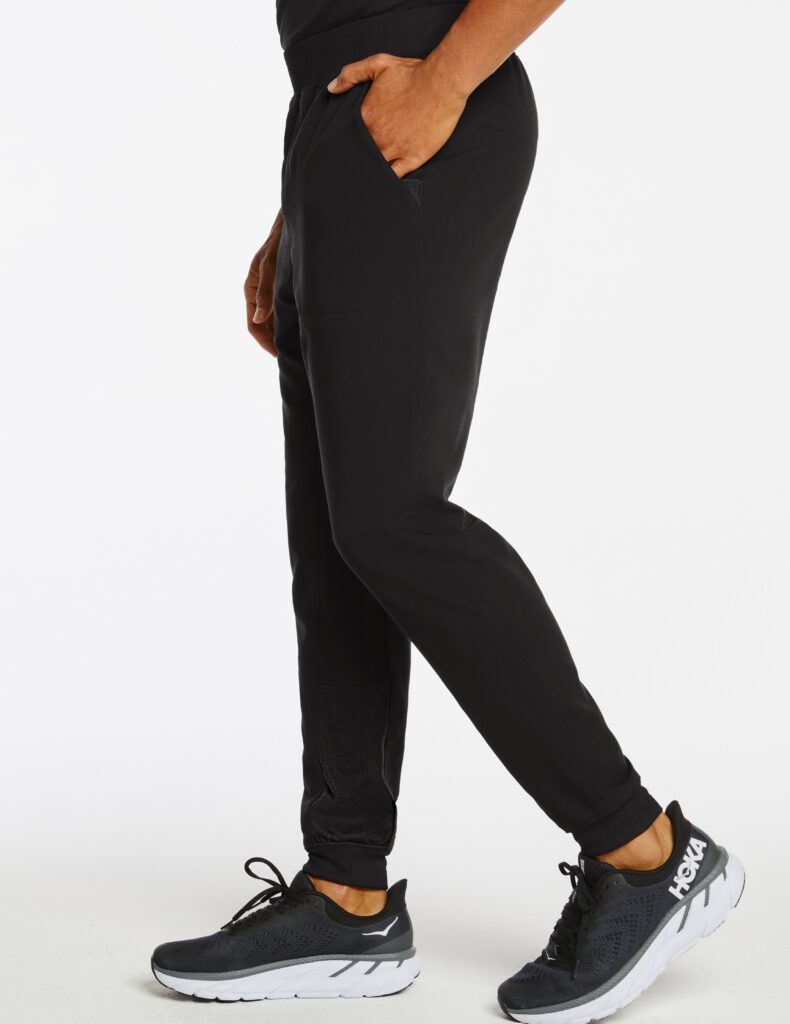If you’re a nurse, you probably have experienced at least one (or more) exhausting shifts. We totally understand that nursing practice can be challenging at times. You work hard to ensure positive patient outcomes and form impactful relationships with them and your peers. But the career path is equally rewarding as you earn a solid salary, enjoy job security, and put a smile on your patients’ faces.
Nevertheless, that doesn’t change the fact that nurses work long shifts, are constantly on their feet, and attend to challenging situations with patients in a high-stress work environment. No wonder why they often experience emotional and physical burnout and have difficulty finding time for sleep, self-care, and social life.
Like nurses, we like to think that where there’s a problem, there’s a solution. After all, nurses are champion problem-solvers. If you’ve been looking for solutions to counter these challenges for a while, you’re in luck! Let’s look at some of the current challenges in nursing and solutions you can implement to make your life a bit more enjoyable and easygoing. It’s time to look at the positives of your career path.
Shift happens!
When we say nurses work long shifts, we’re referring to 10-12-hour ones. Sometimes, shifts rotate, leaving nurses to work in the middle of the night a few times a week and during the day other times. This makes establishing a healthy sleep schedule difficult—but not impossible.

Some workplaces, however, provide you the flexibility to choose your shift hours. We recommend selecting a schedule that helps you balance work with rest, time with your loved ones, and self-care. This doesn’t necessarily mean choosing the day shift. Some nurses prefer the night shift as it allows them to spend time with their little ones during the day. They just have to train their body to sleep at odd hours, which requires eating at non-traditional times, blocking out as much light as possible when getting Zs, and having a plan for caffeine intake.
Whether you get to choose your hours or not, you should make the most of the time you have off by getting off your feet and squeezing in some much-needed socialization with family and friends. The key is to get enough rest, drink plenty of water, eat healthy meals, get some fresh air, exercise and allow yourself time for life coaching or therapy. This is your cue to book that spa session you’ve been procrastinating and go out for dinner with the girls or your partner.
The nursing shortage
As a registered nurse (RN), your job outlook is excellent. Patients will always need nursing care, so you’ll always have work. The downfall of this high demand is some hospitals are understaffed—to the point of needing to take on travel nurses to meet the nurse-to-patient ratios required by law.
When healthcare systems face a staffing problem (i.e., high patient-to-nurse ratios), the quality of care decreases, and the chances of burnout, job dissatisfaction, and medical errors increase. If you’re working in an understaffed healthcare facility, take extra care of yourself. Plan your meals, pack nutritious snacks, carry a water bottle with you to stay hydrated, make time for talking about what’s on your mind with a loved one or a professional, adopt healthy habits like stretching, walking or yoga and—above all else—rest!
Dangerous exposure
Nurses not only experience difficult emotional situations but also come in contact with pathogens and dangerous tools while on the front lines of providing patient care. They must be careful about not getting stung by needles and sharp objects and should be diligent about labeling specimens and understanding medical machinery.
Nurse practitioners should also have appropriate personal protective equipment (PPE) like masks, gloves, and gowns. In a global public health crisis, access to adequate PPE isn’t always ensured, as we saw with the COVID-19 pandemic. Nurses worldwide had to assume dangerous risks while interacting with infected patients. This shortage can take a toll on their mental health. The fear of exposing themselves to contagious and dangerous situations like these can potentially lead to burnout.

Nursing advocacy organizations do their part to help ensure your safety, and employers should also do their best to make sure healthcare professionals are well trained and adequately equipped to do their work. But it can’t hurt to have extra masks handy. Wear antimicrobial scrubs, wash your hands frequently and read up on the dangers associated with the specimens, chemicals, and machinery you’ll encounter in the nursing profession. This will turn out to be extremely helpful in the long run.
Nursing’s a workout
Nurses stand for extended hours, walk miles around the hospital daily and do a lot of bending and lifting when providing direct patient care. This workplace workout takes a toll on their bodies. Nurses often suffer from swollen ankles and legs, sore backs, and stiff necks.
If you’re at the receiving end of this, you can counteract this problem in nursing by starting your day with some stretching and trying to stay in good physical shape. Wear supportive shoes to work and use compression socks or under scrubs to prevent swelling. If you have to lift a patient, ask for help. After your shift, wind down with a footbath or by icing down sore muscles.

It all adds up
Over time, daily nursing challenges can eventually take a toll on anyone. You’re underslept, on your feet all day, putting in extra effort physically and emotionally, and exposed to some dangerous situations. This leads to stress on the body and mind, and you shouldn’t overlook it.
We’ve wholly recommended therapy, healthy eating, hydration, and rest, but there are other things you can do to boost your physical and mental health. Here are a few tips to improve your well-being:
- Join a professional nursing association (i.e., The American Nurses Association) or support group
- Seek help from your friends and family members
- Have a home spa moment
- Talk about your feelings to other nurses, friends and family members
- Find time for your hobbies, travel and whatever else you do for fun
- Say “no” to more work when you’re already overtasked
- Maintain a journal
- Watch your alcohol and caffeine intake
- Read for pleasure
- Spend time in nature
- Take a screen-time and social media break
- Attend family outings and social events
- Take a non-nursing class (for example, painting or dance)
- Remember why you are in your role and the impact you make
- Consider a career shift if bedside work becomes overwhelming
Wrapping up
Even if nursing demands you to take the extra mile, you know it’s equally gratifying. Patients and their families not only acknowledge your patience and hard work but also appreciate your efforts.
At Jaanuu, we’re all about cheering for you and providing you with the best scrubs to meet the specific demands of your day. Not just that, but we also have loungewear for men and women that can help you relax after an enduring shift. Come to us for antimicrobial protection, compression garments, comfortable face masks, and scrubs, and feel your best!

